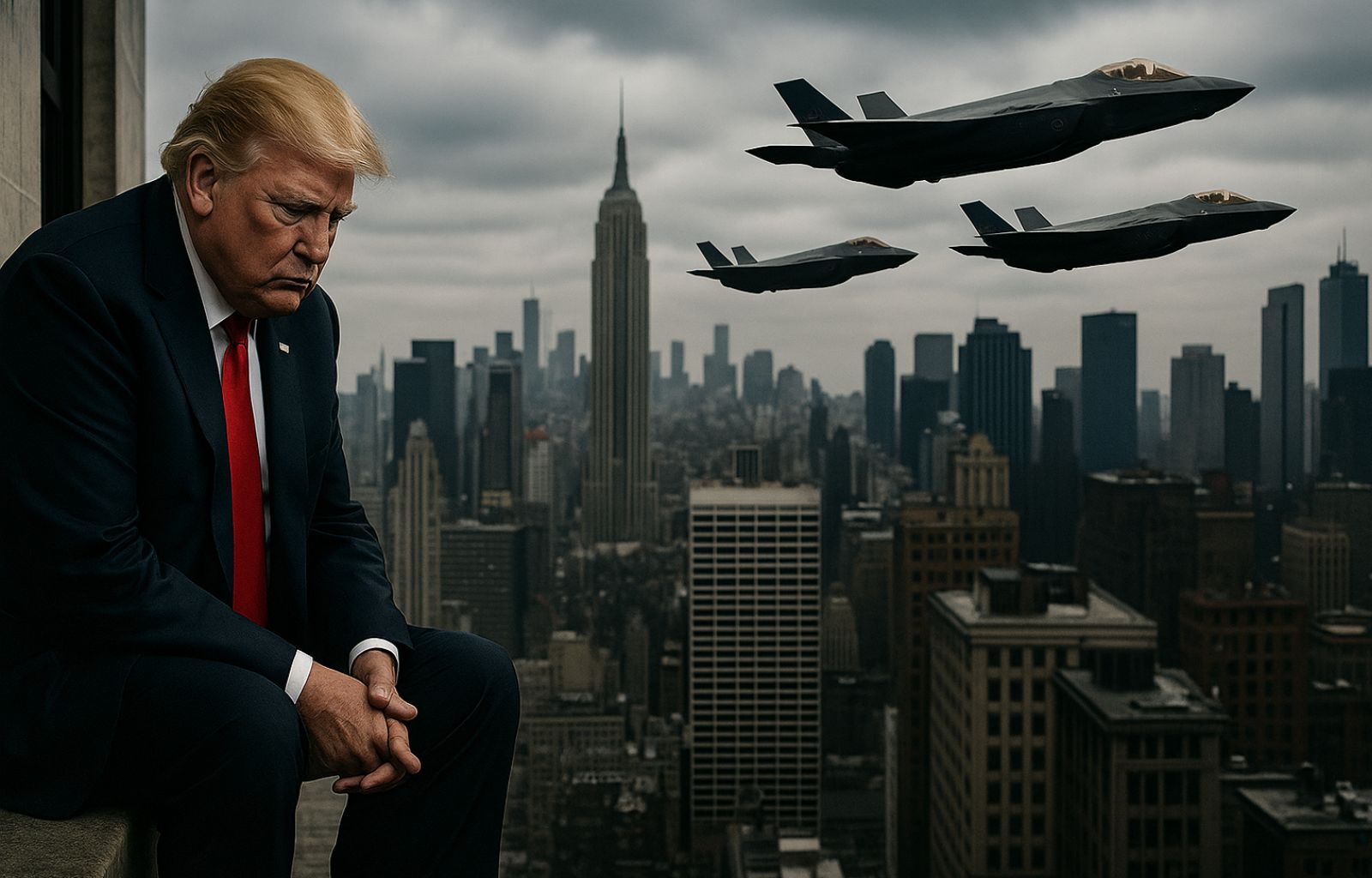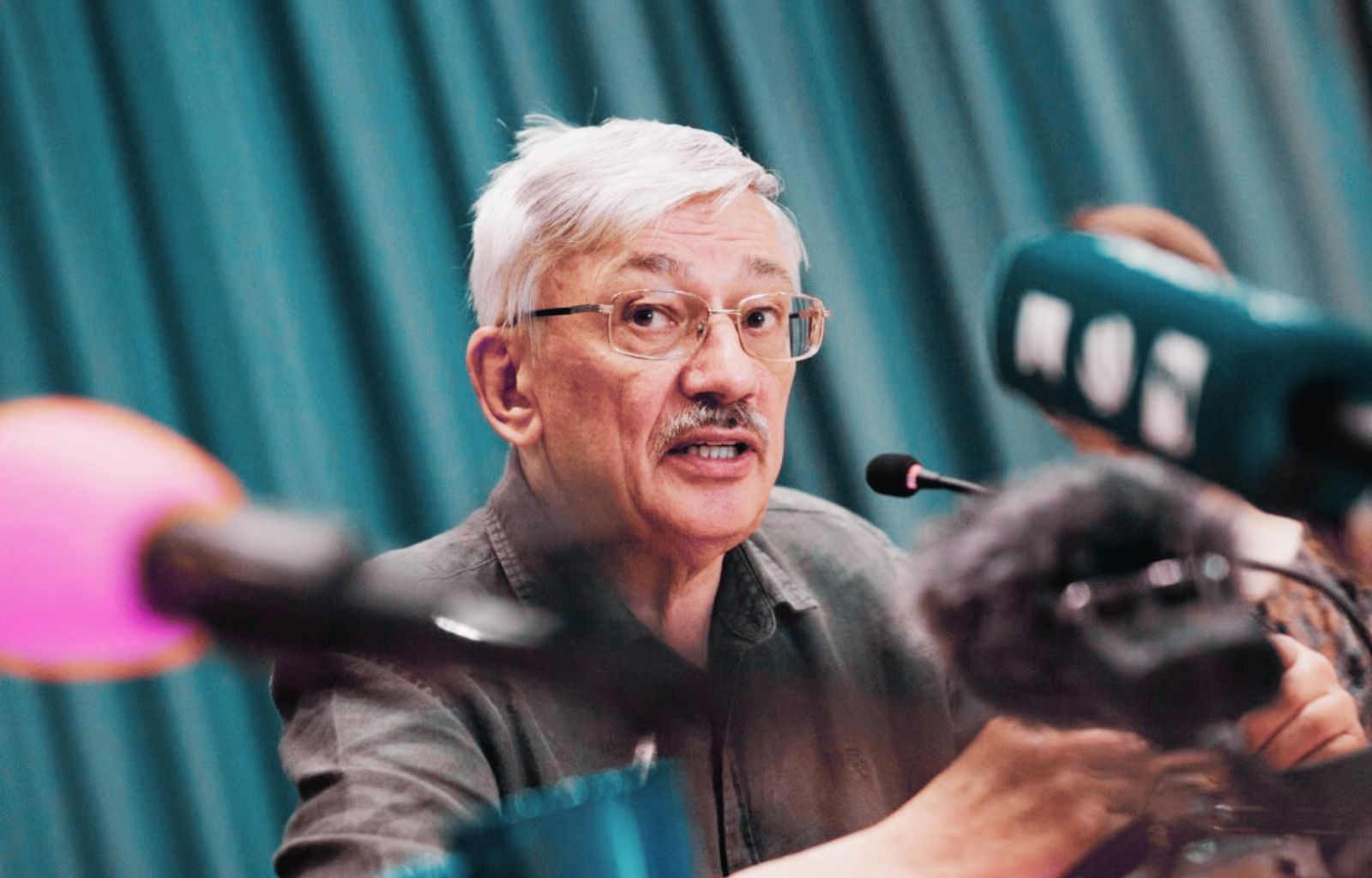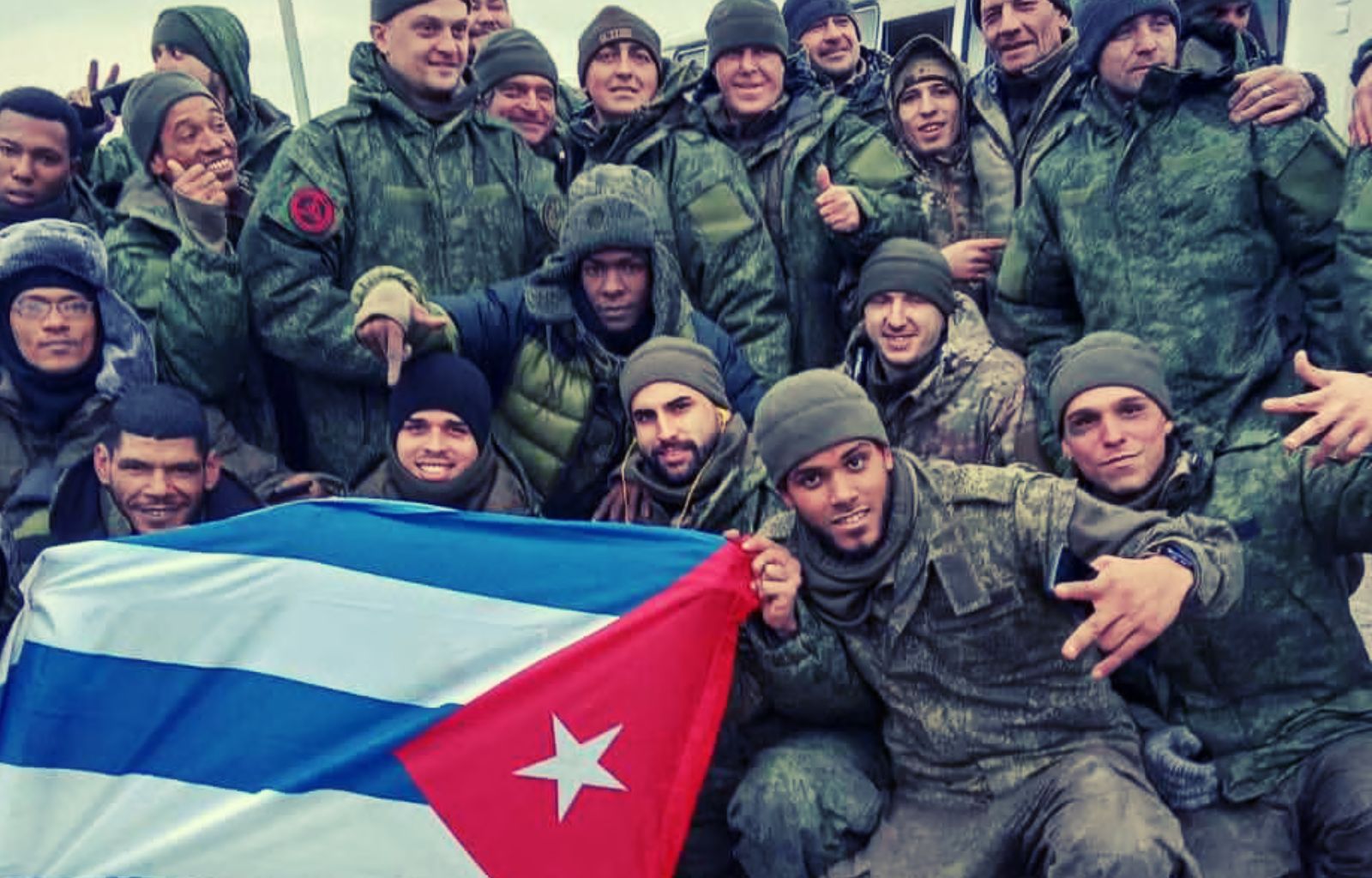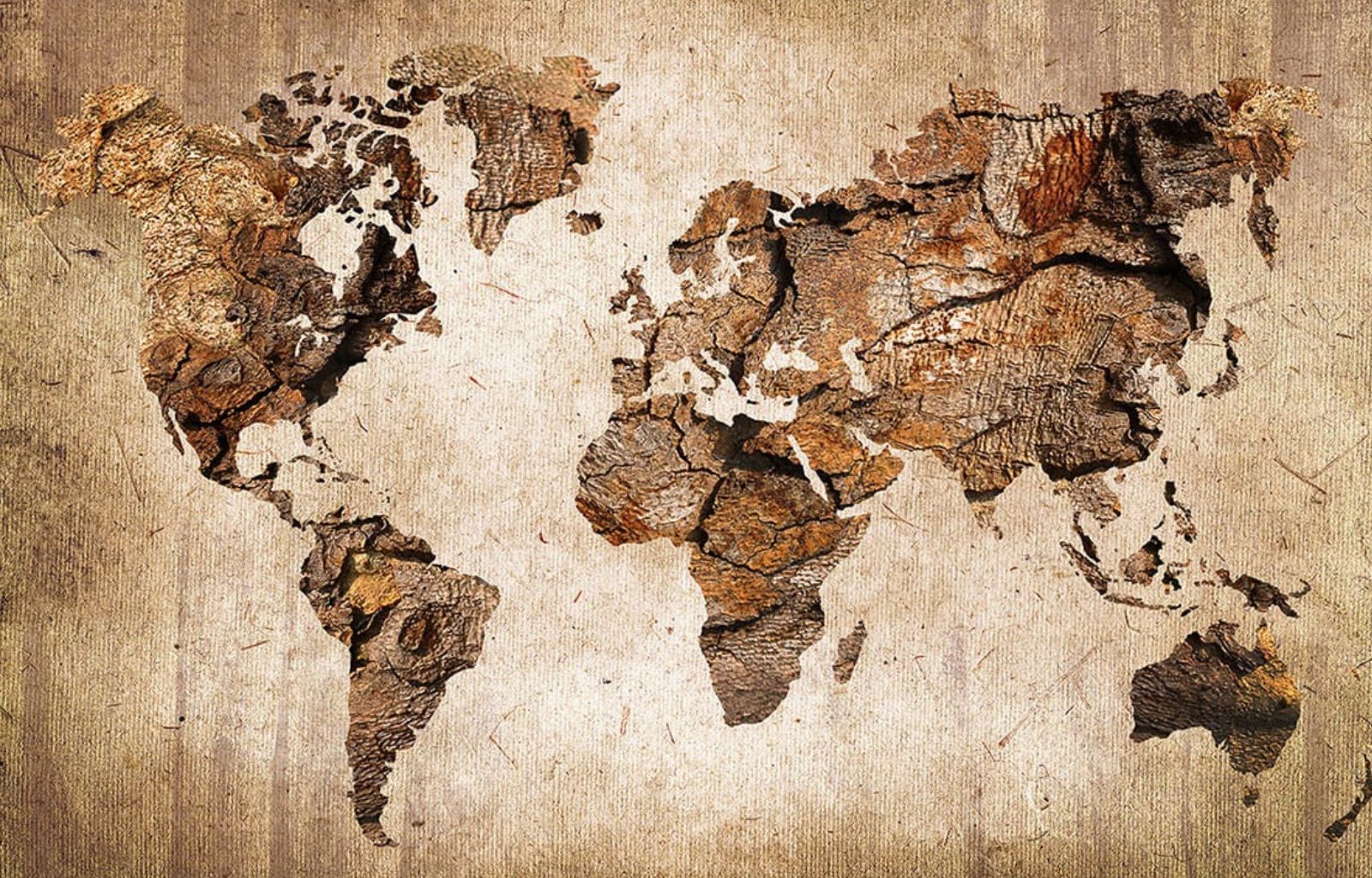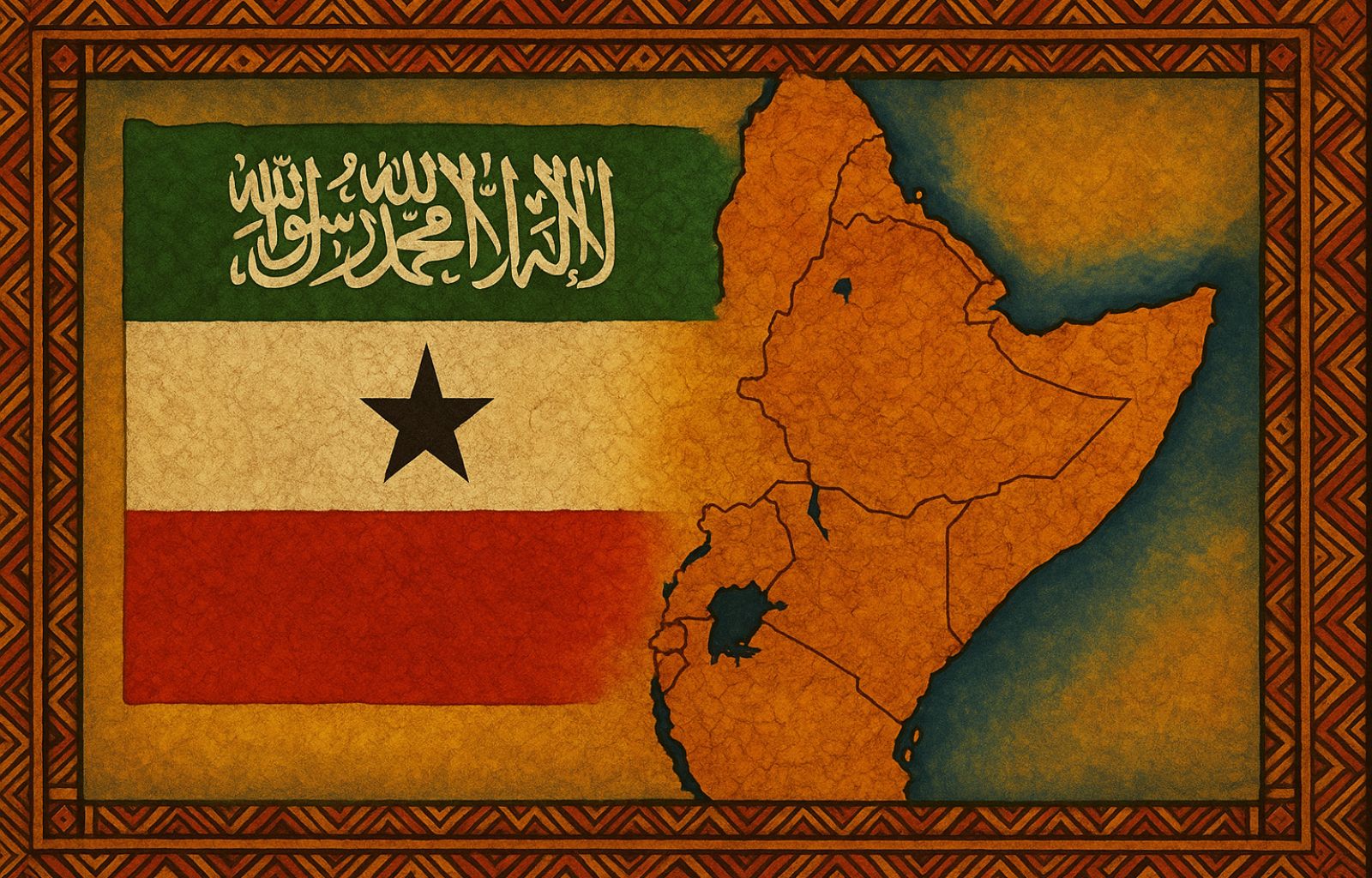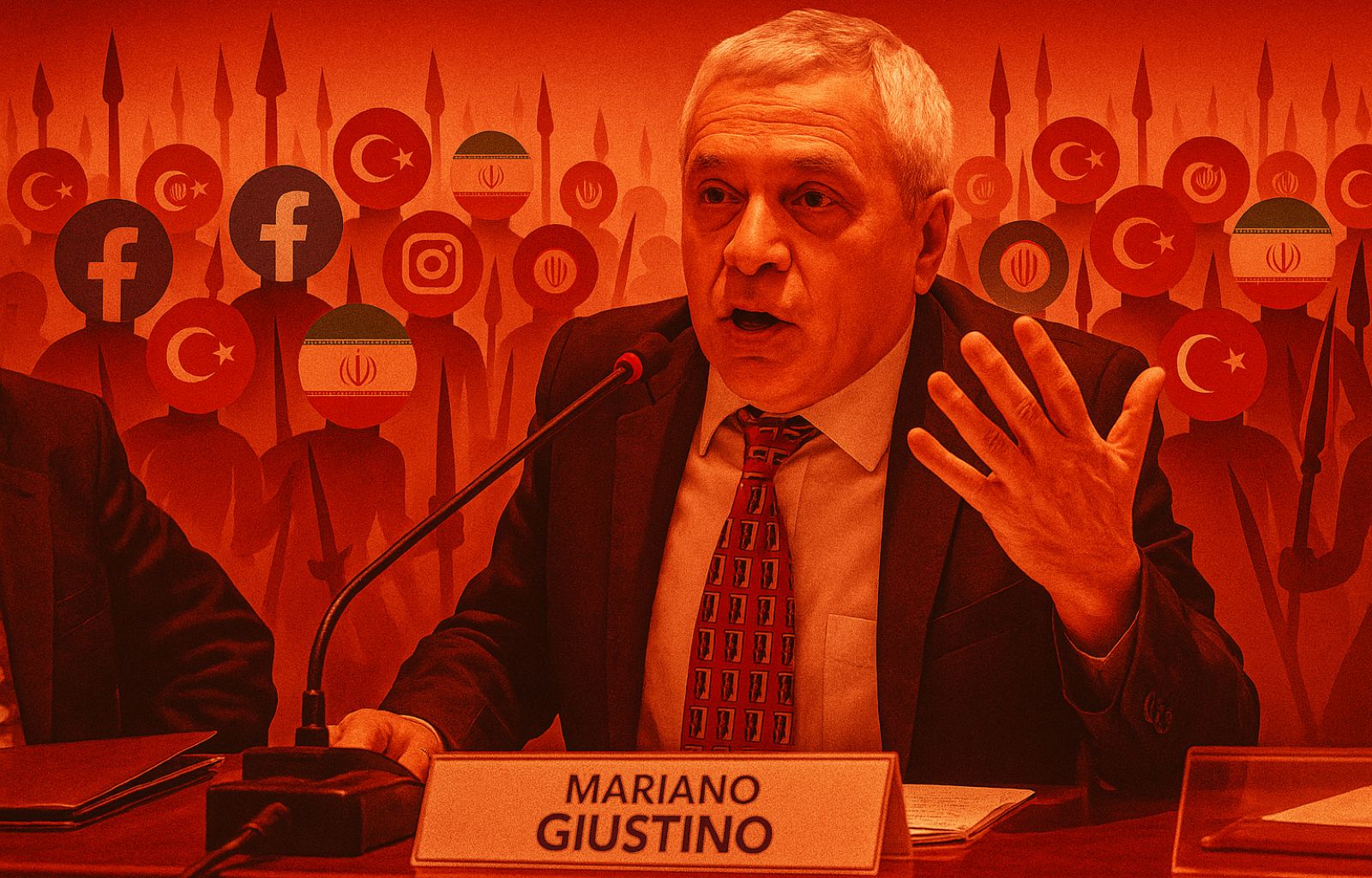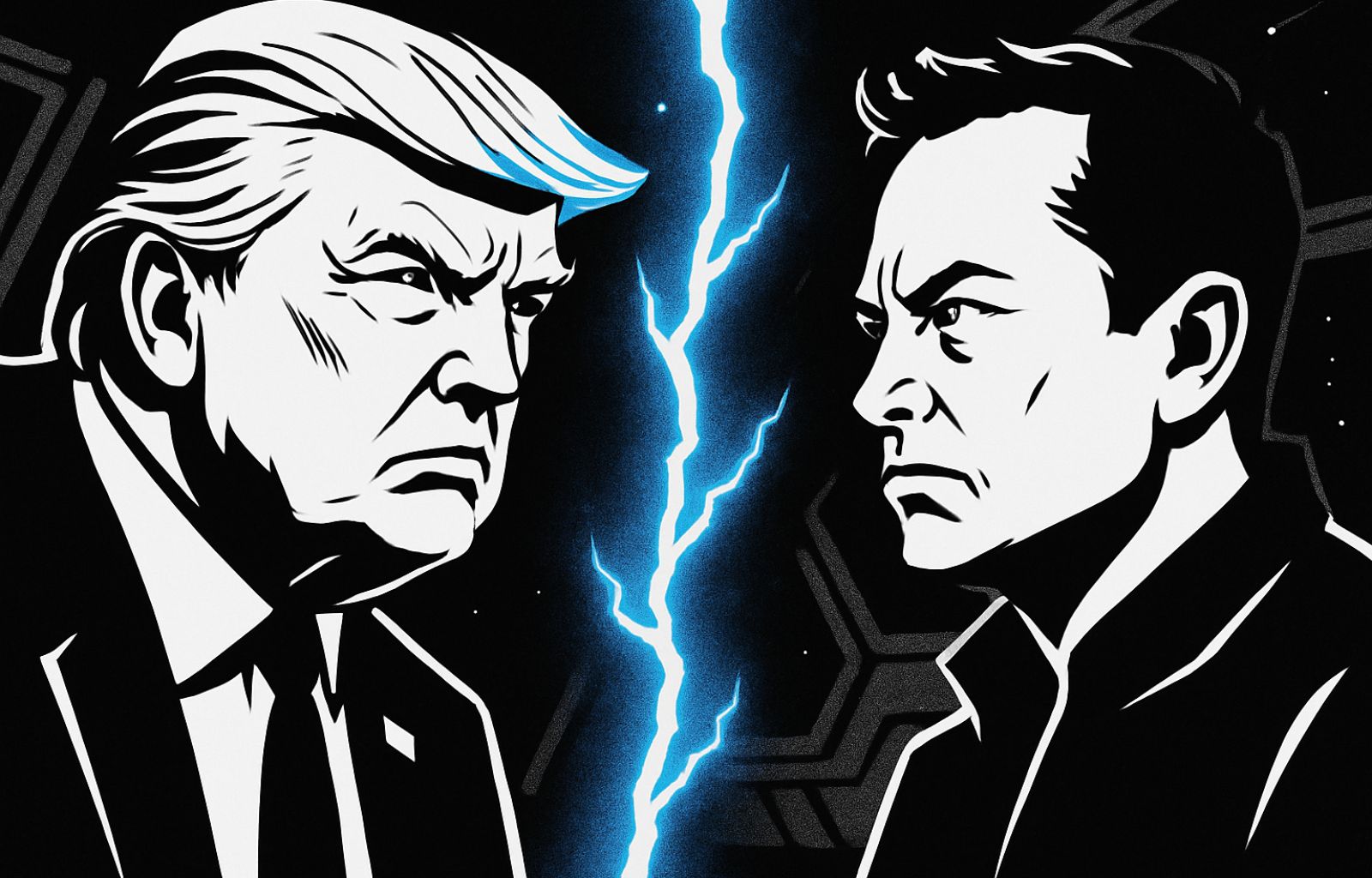Ukraine needs more support, the Russians need more truth
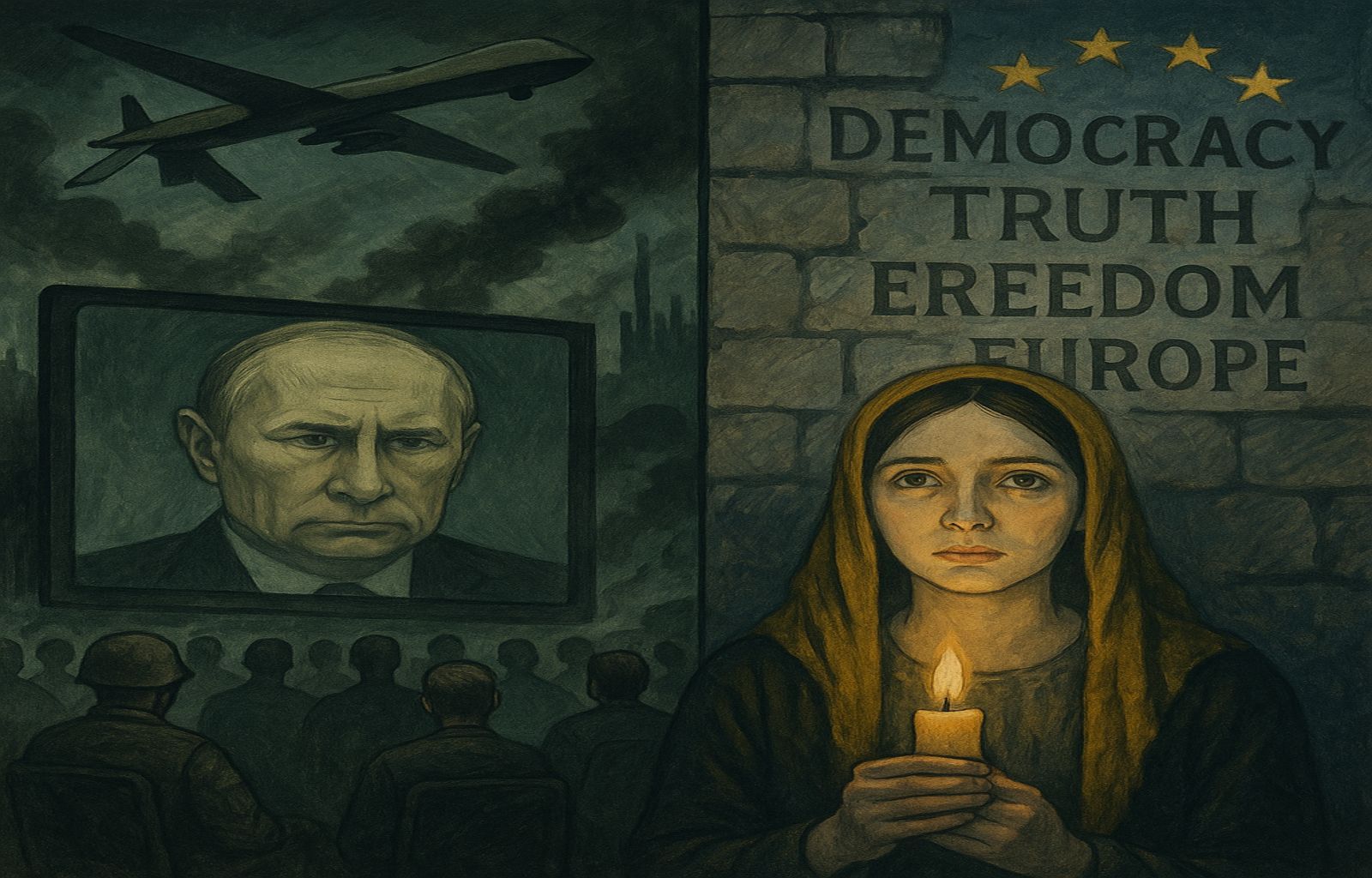
Those who have followed Vladimir Putin ‘s statements and the interviews of his advisors for years cannot have been surprised when the Russian president recently said during the International Economic Forum in St. Petersburg: “Russians and Ukrainians are one people, therefore the whole of Ukraine belongs to us.” He added, in military terms : “Wherever a Russian soldier sets foot, that territory is ours.”
Yet, for more than three years, his internet trolls and far-right – and to some extent far-left – supporters in European parliaments have been busy spreading the myth of the NATO threat, in an attempt to justify the daily bombing of Ukrainian cities and the systematic murder of civilians. Meanwhile, Putin – a warring president who should appear before the International Criminal Court as a war criminal – speaks in a relaxed manner in front of a large audience, making it clear to the world that he does not intend to negotiate either a ceasefire or peace.
No one in St. Petersburg dares contradict him: no one wants to end up in a gulag. But neither the EU nor the US has given the clear and necessary answer: Ukraine now needs all available weapons to defend its population. Putin has explicitly announced that he will continue to bomb and kill.
Unfortunately, Russian disinformation continues to have an effect in Europe: it is claimed that supplying weapons to Kyiv would mean triggering a third world war. This is also repeated again and again by figures such as former Russian President Medvedev and the so-called ‘Putin philosopher’ , Alexander Dugin.
Even Donald Trump, with his narrative that ‘with me this war would never have started’, continues to declare that ‘in a fortnight he will decide what to do’. He also said this in reference to Iran. But then he goes back to talking about himself, his figure and a peace that, in words, he desires.
Disinformation grows, fuelled by US digital platforms
Disinformation is growing, amplified by the American digital oligarchs. Trump and Elon Musk may have parted ways politically, but the US government continues to support Musk and other tech billionaires in their circumvention of European regulations.
The European Union’s Digital Services Act clearly states that platforms must make public their algorithms, technical tools designed to divide users and fuel hatred. A concrete example: on X, a person wrote to me, anonymously of course: “Sick German Nazi pig, you should hang.”
After it was reported, the response was that the message does not violate the platform’s rules. And the algorithm, instead of limiting its spread, pushes it to be read and replicated as much as possible.
Musk, fake news and the EU response
After the purchase of X, Musk fired almost all the fact-checkers. His platform thrives on fake news. Against all this, the European Union wants to react. We have founded a committee in the European Parliament called ‘Democracy Shield’, charged with identifying all threats against our democracy and proposing concrete measures. I had the honour to be rapporteur for my political family, the liberal group Renew Europe. During the meetings of this committee, it is clear that the far-right parties – the Patriots with the FPÖ and the Sovereignists with the AfD – have no interest in protecting democracy from Russian disinformation. On the contrary, they accuse the initiative of wanting to impose censorship. But this is not about censorship. It is about defending European democratic debate from Putin’s influence.
We need more real information in Russia
At the same time, the EU should do much more to provide truthful information to Russian citizens.
We know how crucial broadcasters like Radio Free Europe were for the peoples of communist countries. Trump does not believe in these tools – he admires Putin – so it is up to us Europeans to take this responsibility.
Russian democratic resistance exists
Recently, in the Foreign Affairs Committee of the European Parliament, we welcomed three figures of the Russian democratic resistance: Yulia Navalnaya, widow of Alexei Navalny, Vladimir Kara-Murza, Ilya Yashin.
All three now live in exile, after detention and persecution. They are convinced that about 30% of Russians are just waiting for true information, and that many are against the war, but are afraid to express this publicly.
Yulia Navalnaya said it clearly: ‘No one will come from the moon to save us.’
Reconciliation possible between Russia and Ukraine?
A young participant of the Ukrainian Leadership Academy asked me by video link: ‘Is a future reconciliation between Ukrainians and Russians possible?’ We had already spoken in Brussels. Now, remotely, I was talking about the history and institutions of the EU. The comparison with the reconciliation between France and Germany is inevitable. But how can one imagine coexistence after war crimes, Russian TV propaganda calling Ukrainians inferior, or debates where people laugh about exterminating Ukrainians who do not agree to become ‘good Russians’?
I did not want to give advice, only a certainty:‘Russia will always be your neighbour’.
European peace passes through Ukrainian peace
Franco-German reconciliation was possible because Germany, after the Second World War, acknowledged its guilt. Russia is light years away from this act of responsibility.
This is also why Russia must not win this war. Although now only Europe openly supports Ukraine, as Trump has openly sided with Putin – for reasons we can only speculate about.
During the Kyiv Security Forum, Garry Kasparov summed it up lucidly: “In Russia, reforms only come after a lost war.”
The stakes are very high. The peace of Europe depends on the peace of Ukraine. For this Ukraine needs more support, and the Russian people need more truth. Truth about how their president lies every day, and how many young Russians he is sending to their deaths.
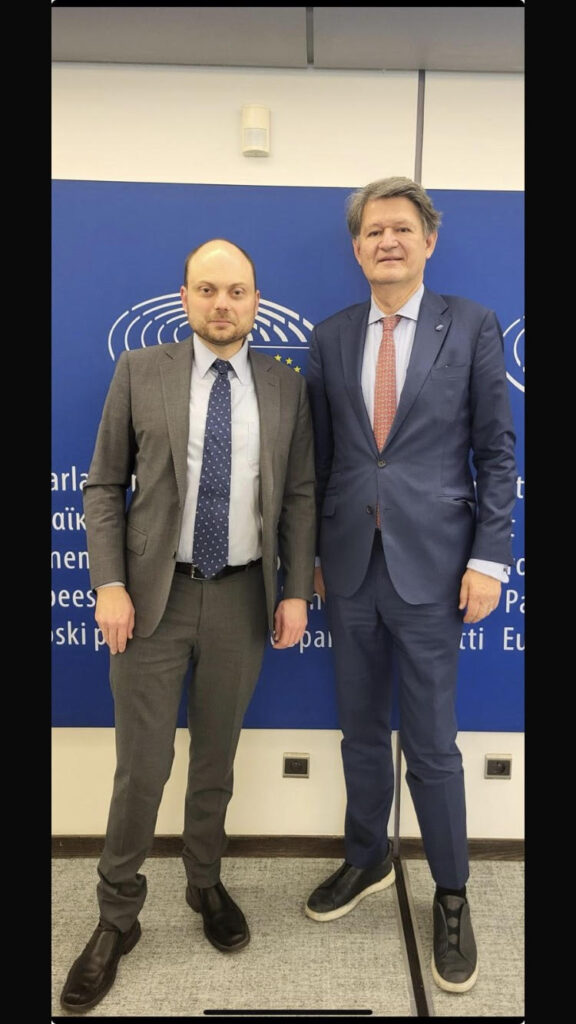
The author of the article, Helmut Brandstätter, Member of the European Parliament, elected in Austria for NEOS, in the company of Vladimir Kara-Murza, a well-known Russian opposition figure to Vladimir Putin

